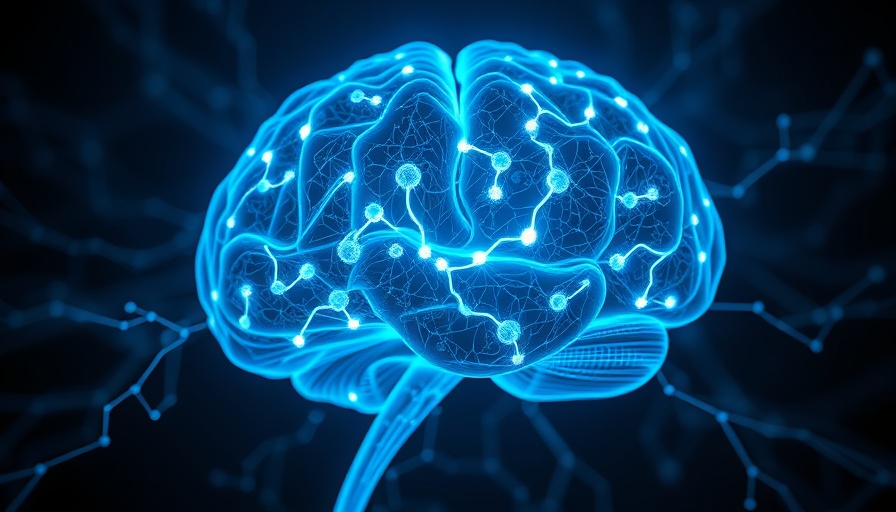
Understanding the Emotional Landscape After a Dementia Diagnosis
Dementia, a condition that affects cognitive functions and impacts individuals of all ages, carries with it a deeply emotional burden. Being diagnosed with dementia—even at a younger age—can be jarring, leading to a cocktail of emotions like grief, anxiety, and identity loss. For many, it isn’t just a medical diagnosis; it’s a profound life change that can shatter existing roles and relationships.
The Unique Struggles of Early-Onset Dementia
When a person in their 40s or 50s receives a dementia diagnosis, it often feels surreal. Those affected might still be engaged in their careers or have young families to care for, which compounds their sense of loss and entrapment. Early-onset dementia diagnoses lead individuals to confront the reality of their cognitive decline earlier than many, leading to turbulent emotions of denial, anger, and even desperation. Amidst the everyday hustle, this type of diagnosis becomes a stark reminder of mortality and the imminent changes ahead.
The Importance of Emotional & Social Support
In navigating the psychological terrain of dementia, having a strong support system becomes essential. Emotional support can mitigate the anxiety that comes with uncertainty about the future. Mental health professionals, such as those at Samvedna Care, offer essential resources, including online counseling that empowers those facing these challenges. Their efforts in providing tailor-made approaches to emotional support can ensure individuals do not feel isolated in their journeys.
Preparing for the Future: What to Know
Understanding what a dementia diagnosis entails is crucial for effective planning. Realizing the implications of this diagnosis empowers individuals and families to create supportive environments, establish routines, and open lines of communication about future care needs. This proactive approach can alleviate some burdens, allowing families to make informed, compassionate decisions as the disease progresses.
Taking Steps Forward
No one should have to face dementia alone. If you or someone you know has been diagnosed, seeking support from peers and professionals is vital. Consider reaching out to local resources or support groups in your area. You don’t have to navigate this journey without help. Together, we can create a responsive care environment focused on emotional and mental well-being.
 Add Row
Add Row  Add
Add 




Write A Comment